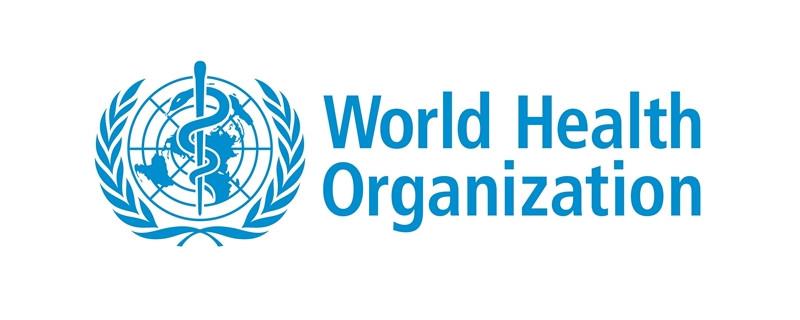In a recent press statement, the World Health Organization (WHO) has called for an increase in taxes on alcohol and sugary-sweetened beverages (SSBs) as a measure to combat the alarming death toll resulting from these unhealthy behaviours.
The WHO emphasised that approximately 2.6 million people succumb to alcohol-related causes annually, while over eight million die due to an unhealthy diet. The organisation contends that implementing taxes on alcohol and SSBs could significantly reduce these fatalities.
However, new data released by the WHO on Tuesday revealed a low global rate of taxes imposed on unhealthy products, particularly alcohol and SSBs.
The findings underscored that the majority of countries are not utilising taxes effectively to encourage healthier behaviours.
The report indicated that half of the countries taxing SSBs also tax water, a practise not recommended by the WHO. Globally, the average excise tax, specifically designated for certain consumer products, constitutes only 6.6 percent of the price of soda.
Additionally, while 148 countries have applied excise taxes to alcoholic beverages at the national level, wine remains exempt from excise taxes in at least 22 countries, primarily in the European Region.
On average, the excise tax share in the price of the most sold brand of beer globally is 17.2 percent, and for the most sold brand of the most popular spirit type, it is 26.5 percent.
A 2017 study referenced by the WHO indicated that taxes leading to a 50 percent increase in alcohol prices could prevent over 21 million deaths over 50 years and generate nearly $17 trillion in additional revenues. This figure is equivalent to the total government revenue of eight of the world’s largest economies in a single year.
Dr. Rűdiger Krech, WHO’s Director for Health Promotion, emphasised the positive impact of taxing unhealthy products on creating healthier populations, with a ripple effect across society resulting in reduced disease rates and revenue for governments to provide essential public services.
The WHO pointed to examples like Lithuania, where an increase in alcohol tax in 2017 successfully contributed to decreased deaths from alcohol-related diseases.
“Lithuania increased alcohol tax revenue from 234 million euros in 2016 to 323 million euros in 2018 and saw alcohol-related deaths drop from 23.4 per 100,000 people in 2016 to 18.1 per 100,000 people in 2018.
“Research shows that taxing alcohol and SSBs helps cut down on the use of these products and gives companies a reason to make healthier products.
At the same time, taxes on these products help prevent injuries and noncommunicable diseases such as cancer, diabetes, and heart disease.
“A recent Gallup Poll, conducted in collaboration with WHO and Bloomberg Philanthropies, found that the majority of people surveyed across all countries supported increasing taxes on unhealthy products such as alcohol and SBBs.
“WHO recommends that excise tax should apply to all SSBs and alcoholic beverages,” it added.



